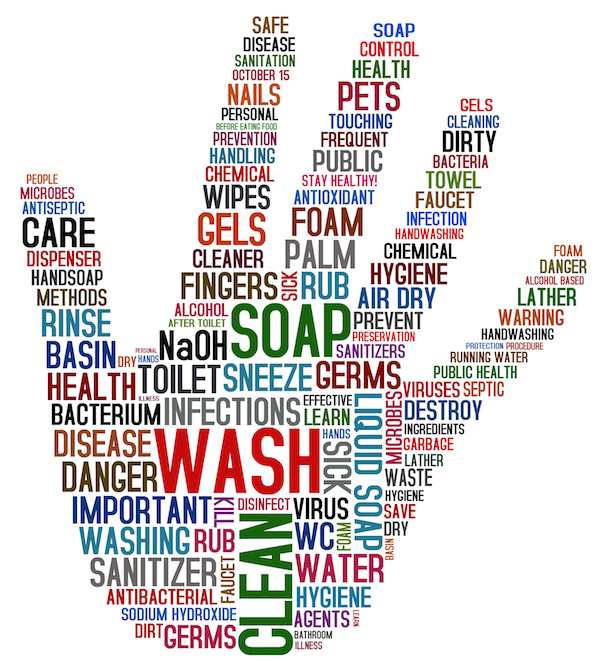MONDAY, Aug. 8, 2016 (HealthDay News) — Nearly 84 million sleep-deprived Americans take to the roads every day. And, drowsy driving was a factor in crashes that claimed about 5,000 lives last year, a new report shows.
Traffic deaths rose almost 8 percent in the United States in 2015. Drowsy driving is estimated to cause up to 20 percent of all road fatalities, but the extent of the problem is not fully known, according to experts.
The threat posed by tired drivers prompted the U.S. National Highway Traffic Safety Administration (NHTSA) to expand its definition of impaired driving to include not only drunk, drugged and distracted, but also drowsy driving.
The annual cost to society of fatigue-related crashes that cause injury or death is $109 billion, not including property damage, according to a Governors Highway Safety Association (GHSA) report.
But there are challenges associated both with measuring and with combating drowsy driving, GHSA’s executive director, Jonathan Adkins, said in an association news release.
“Law enforcement lack protocols and training to help officers recognize drowsy driving at roadside. And if a crash occurs, the drowsy driver may not report the cause due to concerns about monetary and other penalties,” he said.
Some drivers are at greater risk for drowsy driving.
“Teens and young adults are involved in more than half of all drowsy driving crashes annually,” Adkins said. “People who work nights or long or irregular shifts are also more likely to get behind the wheel when they are too tired to drive, along with the estimated 40 million Americans who suffer from a sleep disorder.”
Americans need to change how they view sleep, according to report author Pam Fischer.
“Sleep is a restorative and life-sustaining activity that is just as important as eating right and exercising. When we skimp on sleep, we’re less able to react quickly — a critical element of safe driving. Our mental and physical health also suffers,” she said.
The report calls on state highway safety offices to work with public health, business, academic and nonprofit partners to change the culture.
“Just like drunk driving and seat belts, it’s going to take all of us to get the public to recognize the seriousness of drowsy driving,” Fischer said.
More information
The National Sleep Foundation has more on drowsy driving.
Copyright © 2026 HealthDay. All rights reserved.

